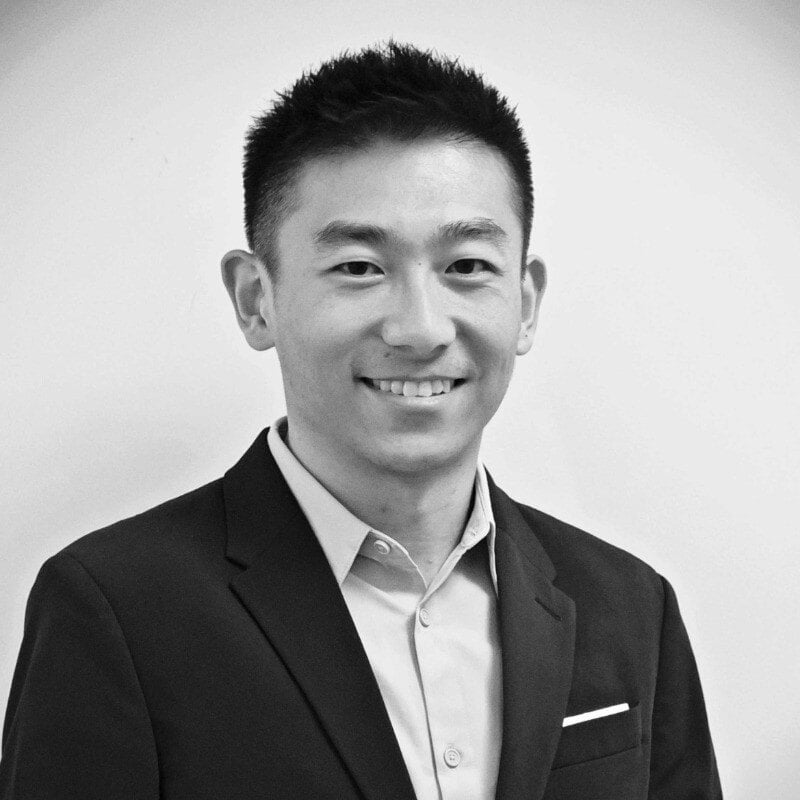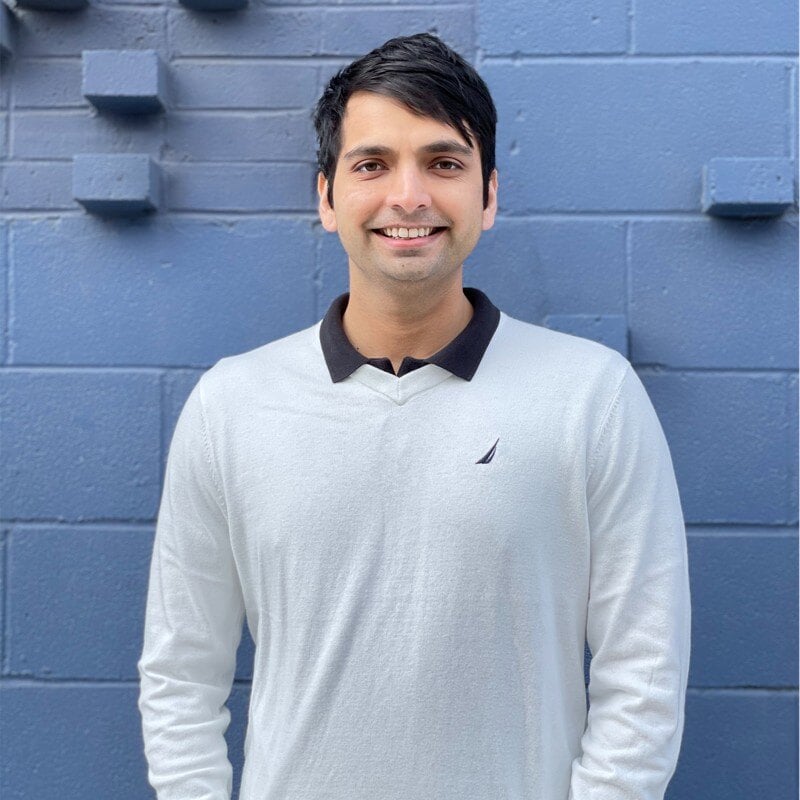WEBINAR
Transforming Automotive Aerodynamic Design with Physics AI and CFD
About this Webinar:
In this kickoff to our Physics AI Webinar Series, we’ll share what we’ve learned so far from the SHIFT-SUV project—a collaborative, open-source initiative led by Luminary in partnership with Honda and NVIDIA. The project explores how physics foundation models can be applied to automotive design workflows.
We’ll take a close look at the SHIFT-SUV dataset and the PhysicsNeMo DoMINO architecture, and how they are being used to predict aerodynamic quantities like drag and lift directly from STL geometry—without meshing or solver runtimes. While this approach is still in its early stages, it shows promising potential to accelerate simulation and enable faster iteration during vehicle design.
Whether you're curious about where Physics AI is heading, or looking to understand how foundation models might complement existing processes, this session offers an early look into the possibilities and challenges ahead!
What You'll Learn:
- What Physics AI actually is—and how it differs traditional surrogate models
- How SHIFT-SUV was built using 1000+ DES simulations
- How DoMINO, a multi-scale neural operator, delivers sub-5% error predictions
- How to plug inference into your design workflow with tools like Blender, Omniverse, and the Luminary SDK
- Why the SHIFT-SUV platform is a proving ground for AI-native vehicle development
Who Should Attend:
- CAE and CFD engineers looking to accelerate workflows
- Product development teams in automotive, aerospace, or performance design
- Technical leaders exploring simulation automation, AI integration, or design optimization
- Researchers focused on neural operators, foundation models, or applied physics AI
Special Feature:
Live walkthrough of the SHIFT-SUV platform: See how geometry files are transformed into accurate drag and lift predictions—within seconds. Get a peek into the variant generation workflow, real-time inference with DoMINO, and the 2025 roadmap toward a 25,000-sample pretrained model.
WATCH ON DEMAND
Meet the speakers

Peter Lyu, PhD
Luminary Cloud
VP Solutions Engineering
Peter Lyu is the VP of Solutions Engineering and Customer Success at Luminary Cloud. He has over a decade of experience in engineering simulations, high-performance computing, and cloud computing. Peter received his bachelors, masters and Ph.D. degrees from the University of Michigan in Aerospace Engineering.

Rishi Ranade
NVIDIA
Senior Technical Engineer - Physics-based Machine Learning
Dr. Rishi Ranade has a PhD in Computational Fluid Dynamics from North Carolina State University. Dr. Ranade’s interest and expertise lies at the intersection of AI/ML, numerical methods and engineering simulation. Currently, Dr. Ranade works in the product team at NVIDIA where he focuses on research, development and integration of various AI/ML technologies into simulation workflows to enable accelerated and accurate modeling of engineering applications. Prior to this, Dr. Ranade worked in the CTO office at Ansys Inc where he led the R&D of ML based numerical PDE solvers for fluid and thermal applications.